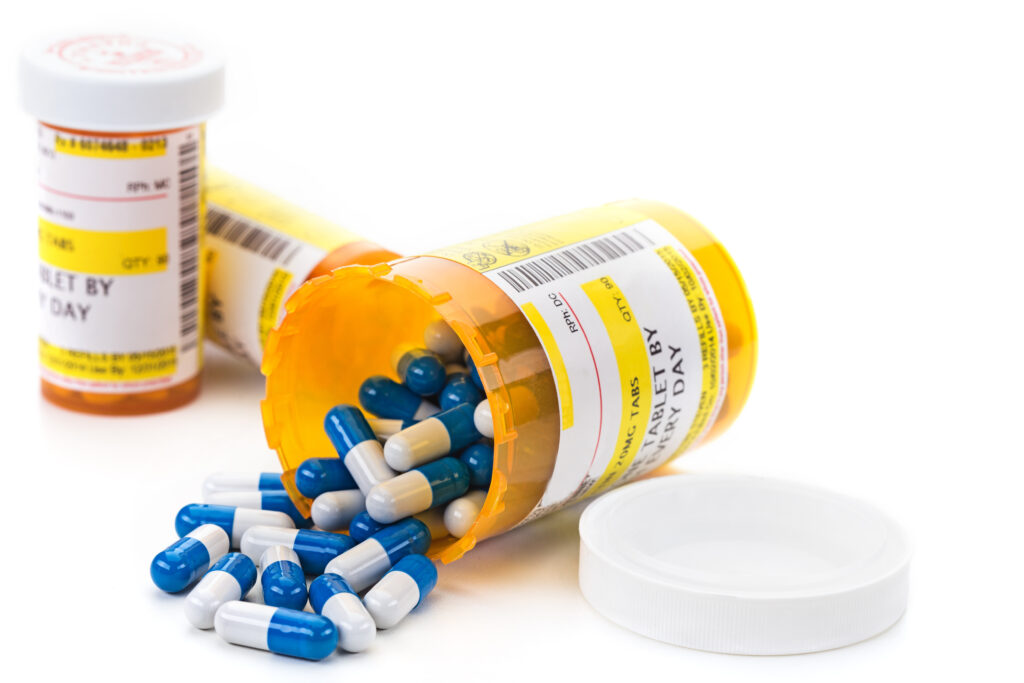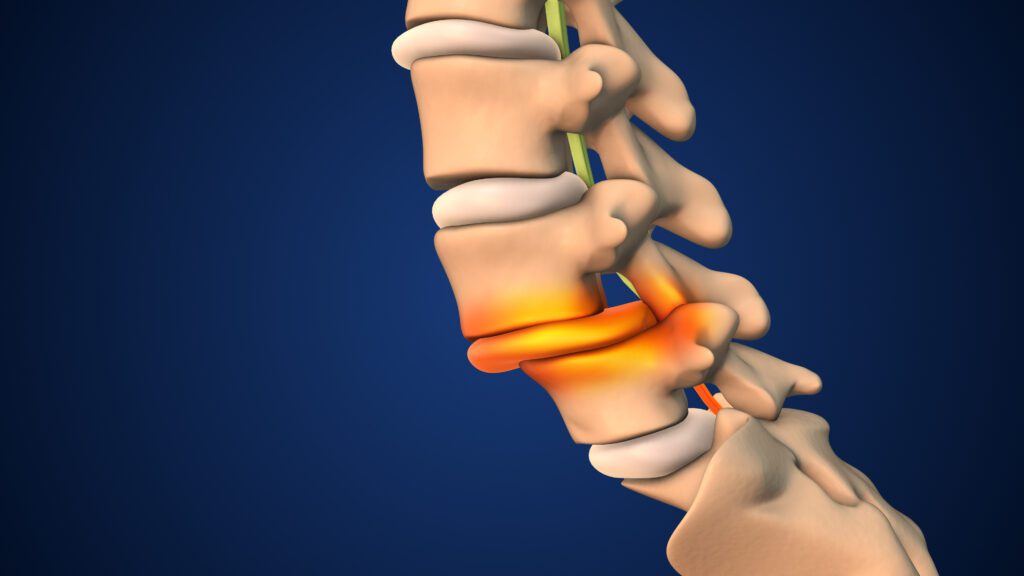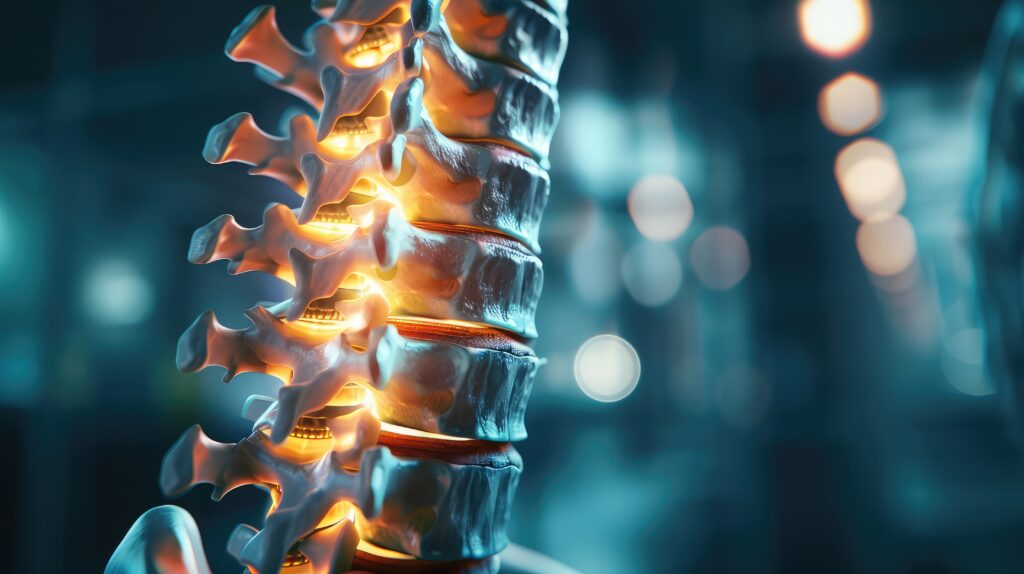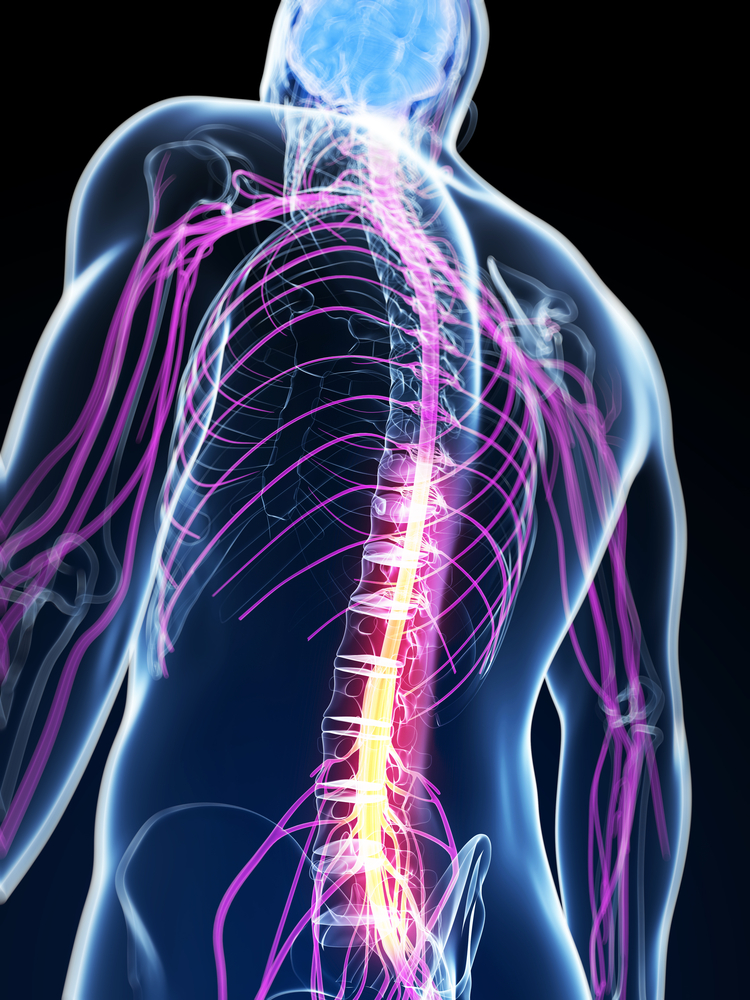Statins are a class of drugs primarily used to lower cholesterol levels in the body. They work by inhibiting an enzyme in the liver called HMG-CoA reductase, which plays a crucial role in the production of cholesterol. By blocking this enzyme, statins reduce the liver’s ability to produce cholesterol, particularly low-density lipoprotein (LDL) cholesterol, often called “bad cholesterol.”
How Statins Affect CoQ10
The same enzyme, HMG-CoA reductase, is also involved in the production of Co-enzyme Q10 (CoQ10), a molecule that helps the mitochondria in our cells produce energy. When statins block HMG-CoA reductase, they not only reduce cholesterol production but also inhibit the synthesis of CoQ10. This reduction in CoQ10 can impact energy production in cells, particularly in muscles, leading to potential side effects like muscle pain and fatigue.
CoQ10 and Muscle Health
According to many experts, the depletion of CoQ10 doesn’t cause immediate problems because the body has a reserve of CoQ10 stored in tissues. Dr. Stephen Sinatra, a well-known cardiologist, suggests that “while our bodies store enough CoQ10 to last a few years, prolonged use of statins without supplementation can eventually deplete these reserves, leading to muscle weakness, pain, and fatigue.”
The average adult body has about 500 to 1,500 milligrams of CoQ10, with concentrations highest in energy-demanding organs like the heart, liver, and kidneys. However, the longer one uses statins, the greater the depletion of CoQ10 from these reserves.
Doctors Recommend CoQ10 Supplementation
Many doctors that prescribe statins also recommend their patients take **CoQ10 supplements** to mitigate these potential side effects. Dr. Peter Langsjoen, a recognized authority on CoQ10, strongly advocates for this practice: “CoQ10 deficiency is a predictable side effect of statin therapy, and it is critical that anyone on these drugs take supplemental CoQ10 to avoid muscle pain and weakness.” He recommends doses of 100 to 300 mg of CoQ10 daily for those on statins to help replenish the body’s levels.
Research supports this idea, showing that CoQ10 supplementation can alleviate muscle-related side effects of statins. A study published in the “American Journal of Cardiology” found that “patients taking 200 mg of CoQ10 per day reported significantly reduced muscle pain compared to those who did not take CoQ10.”
Conclusion
In summary, while statins are effective at lowering cholesterol, they also reduce the body’s production of CoQ10. Over time, this can lead to muscle-related side effects, especially as CoQ10 stores become depleted. Doctors like Dr. Sinatra and Dr. Langsjoen recommend that anyone taking statins should also take CoQ10 supplements to maintain energy production and muscle health.
It’s one of the first questions I ask my patients when they complain of low grade muscle pain and increasing weakness when they have been prescribed statin medication. If you or a loved one have been prescribed statin medication and you would like to know more about what Co Q10 you should be taking, leave a comment below and I can share with you how we avoid this very significant side effect from statin medications.









